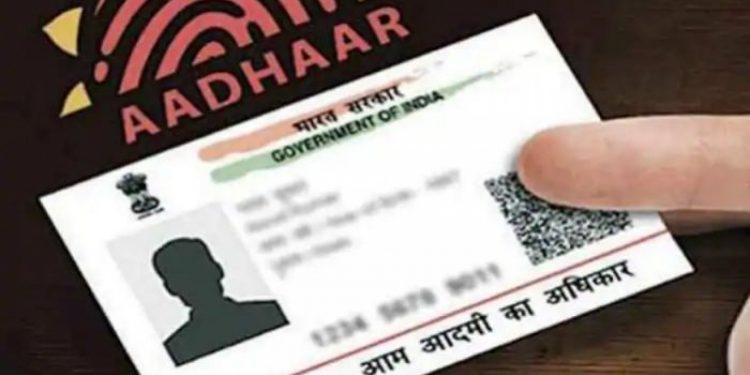The Election Laws (Amendment) Bill, 2021 was passed in the Lok Sabha Monday. One of the most significant goals of this suggested bill is to link Aadhaar identification number to the electoral rolls.
This has triggered a strong reaction, much owing to security concerns that are associated with mandatory linking to Aadhaar. The bill requires applicants to link their electoral ID to their Aadhaar credentials while registering as voters.
That’s not all! Even if you are already registered as a voter, election officers may require you to share your Aadhaar number for authentication purposes. The government claims that this would help eliminate duplication of users and help make elections more transparent.
Earlier, The Makkal Needhi Maiam (MNM) party floated by actor-turned-politician Kamal Hassan on Tuesday said the linking of Aadhaar card with the voter identity card should be the first step towards removing bogus voter cards.
In a statement issued here, the party said it had suggested several measures to the Election Commission earlier on the removal of bogus voter identity cards like verifying Aadhaar card or mobile number of the voters.
The bill also adds that no person shall be denied registration as a voter in the absence of Aadhaar details. While the Narendra Modi-led government pitched the bill as a single-solution to fraudulent votes that stem from one person with multiple voter IDs, many critics and opposition leaders have highlighted the short-sightedness of linking Aadhaar to electoral roll.
The biggest concern? As Adhir Ranjan Chowdhury of the Congress party said in the Lok Sabha, it could be an “infringement of the fundamental right to privacy.” In the midst of massive data leaks and the growing value of personal information on illegal portals, personal data is at the centre of all internet regulation across the globe.
Besides potential data leak and invasion of privacy, profiling constitutes another major concern with Aadhaar linking.
Similarly, Aadhaar’s merit as a centralised collection of people’s personal data has been questioned. For instance, in 2018, a portal made by the Andhra Pradesh government gave people access to data of people based on two parameters – religion and caste – both private.
Even then, the central government has pushed for linking Aadhaar to everything – from bank accounts to Covid-19 vaccinations and even tax filings.







































